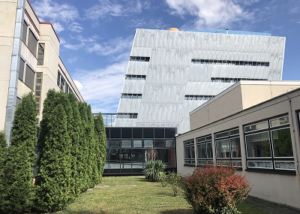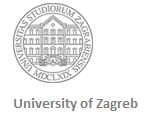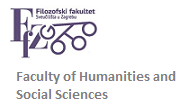Home » 10. semestar – SMJER PREVODITELJSTVO
Category Archives: 10. semestar – SMJER PREVODITELJSTVO
Translation and Power
Course title: Translation and Power Course coordinator: Ellen Elias-Bursać Instructor: Ellen Elias-Bursać ECTS credits: 4 Language: English Duration: 1 semester (summer) Status: elective Form of instruction: two contact hours of seminar Enrollment requirements: Students must be enrolled in the 2nd or higher semester of one of the following graduate study programs: English Language and Literature – Translation Track, Comparative Linguistics, Croatian Language and […]
Croatian Literature in Translation
Course title: Croatian Literature in Translation Course coordinator: Dr. Ellen Elias-Bursać Instructor: Dr. Ellen Elias-Bursać ECTS credits: 4 Language: English and Croatian Duration: 1 semester (summer) Status: elective Form of instruction: two contact hours of seminar Enrollment requirements: Students must be enrolled in the 2nd or higher semester of one of the following graduate study programs: English Language and Literature – […]
Research in linguistics and translation studies: planning and methodology
Syllabus Course title: Research in linguistics and translation studies: planning and methodology Course coordinator: Professor Nataša Pavlović, and Dr. Mateusz-Milan Stojanović, Associate Professor Instructors: Professor Nataša Pavlović, and Dr. Mateusz-Milan Stojanović, Associate Professor ECTS credits: 4 Language: English and Croatian Semester: summer (4th) Status: Elective Form of instruction: 2 contact hours of seminar […]



